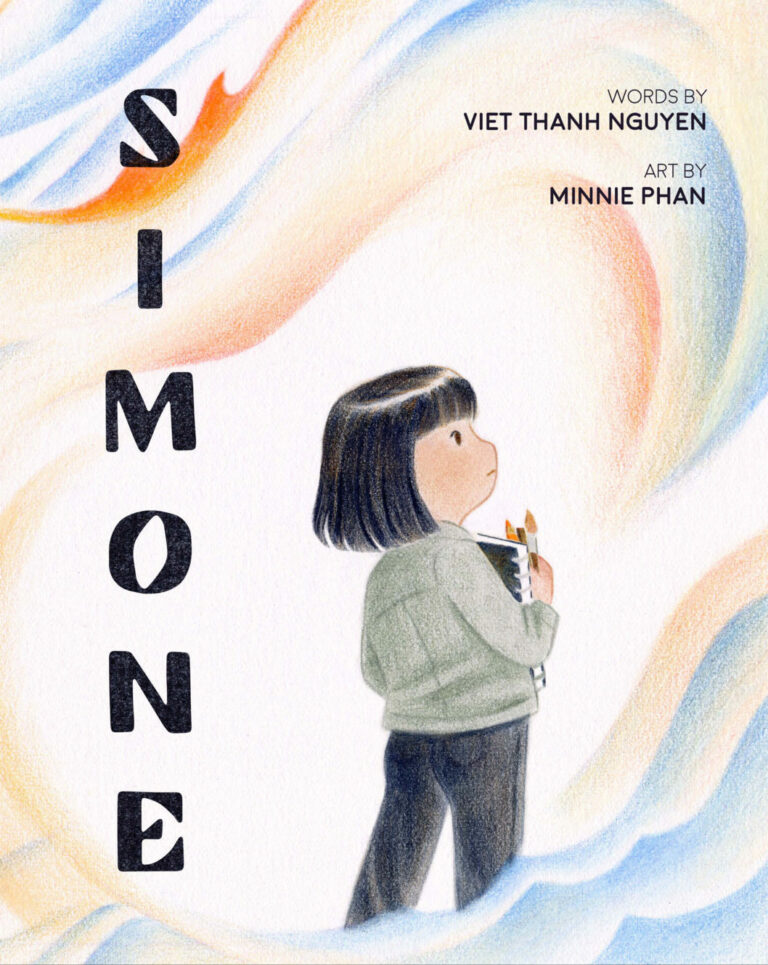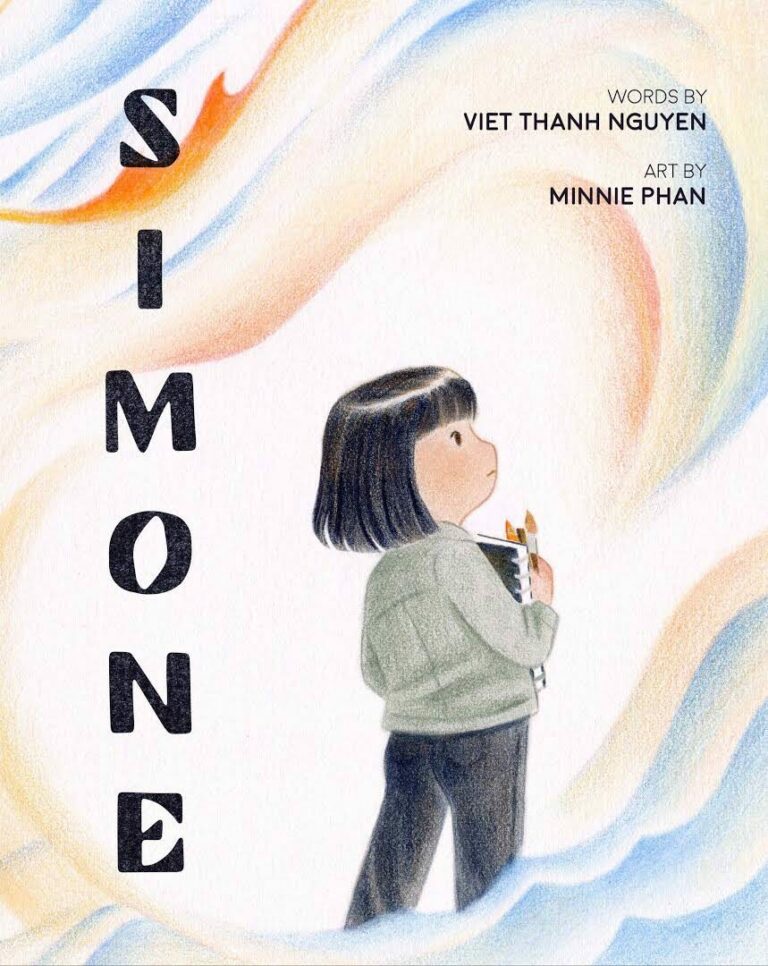Matt Matros reviews The Sympathizer for Ploughshares at Emerson College.

Like many Gen-Xers, I don’t know as much as I should about the Vietnam War. Sure I’ve heard stories—from an uncle who cleared land mines, from a middle school teacher ravaged by Agent Orange. But my own father lucked into a high lottery number, and his good fortune became mine, as I was privileged to grow up in a home unaffected by the horrors of that conflict.
Given that our country’s collective Vietnam amnesia has probably contributed to some of our recent foreign policy disasters, it was encouraging to see this year’s Pulitzer Prize in fiction go to Viet Thanh Nguyen’s The Sympathizer. Told from the viewpoint of a Vietnamese refugee living in the United States, the book strives to reeducate the American public on its own history and bring to light a perspective not often seen in western literature. For me, it added new layers to why we don’t want “another Vietnam.”
The novel’s nameless protagonist/narrator is a Communist spying for the North Vietnamese, and well positioned to do so as right-hand man to a South Vietnamese general. On the eve of Saigon’s fall, the protagonist and his general flee to the United States, where the espionage only continues. Facing a constant struggle over whom to obey—the general, so as not to blow his own cover, or his communist bosses writing to him through cyphers—our narrator (it would be hard to call him our hero) ends up as divided as his homeland.
Nguyen, a professor of American Studies and Ethnicity, spares no ideology or nation from rebuke. The North Vietnamese, South Vietnamese, and of course Americans are implicated in a narrative of betrayals, bribery, murder, state-sponsored torture, and blinkered beliefs in causes. The Sympathizer is remarkable in how thoroughly it lays bare the wounds of American imperialism.
But while the novel succeeds in this respect, it doesn’t give us much in the way of personalities. We get the protagonist’s backstory (his father was a French priest who seduced his teenaged mother), and we see his guilt manifested in the spirits who visit him from beyond the grave, but we get very little sense of his inner life. As for his comrades and his lovers, they read more like abstractions than human beings. A few weeks from now, I won’t remember any of the characters from this novel.
In the context of the writing workshop, that forgetability would be a major red flag. Character is king in the workshop setting, and why not? Virtually every novel wants, practically by definition, to engage the reader in a compelling world of three-dimensional people. For all The Sympathizer’s worthy accomplishments, it leaves us precious few relationships of any complexity.
It’s possible that Nguyen’s historical and political imperatives are too great to risk distracting the reader with unreliable characters. Conversations in this novel are very straightforward. We rarely have trouble figuring out where anyone stands. Here’s one exchange, chosen more or less at random, between our protagonist and his best friend:
Those guys have death wishes, I said. Don’t you get it? They’ve got no intention of coming back. They know it’s a suicide mission.
Life’s a suicide mission.
That’s very philosophical of you, I said. It doesn’t change the fact that you’re crazy.
He laughed with genuine humor…
Our protagonist is explaining that his friend will die if he goes on the mission, while the friend has lost everything and therefore doesn’t care. There is no subtext here, and there is no question as to either party’s motivations. The characters in this novel tell you exactly what they’re thinking.
Does that make it easier for Nguyen to get his points across? If so, then maybe the technique is worth it, because I’m a much more informed citizen having read his book. I now know about the KUBARK interrogation manual with which the Americans trained their Vietnamese allies to pry secrets from the supposed traitors among them. I now know that the Communists managed to plant sympathizers in the south, and I know what those men and women were willing to do for their cause. I now know, thanks to a postscript included at the end of the paperback edition, that the victorious North refer to it as “The American War,” and that it brought refugees by the millions to American shores and elsewhere. Combatting our national ignorance on these issues seems more than worthwhile given what passes for political discourse this election season.
Ngyuen’s book educates not because of its narrative apparatus, but because of Nguyen’s expertise. I was most invested when our protagonist served as a stand-in for something greater than himself—when his individuality got subsumed by the bigness of what was happening around him. The depiction of the chaotic flight from Saigon, the thinly veiled exposé of the set of Apocalypse Now, and the painfully detailed account of how to torture a person without leaving a mark; they’re all compelling even if we’ve never met the participants in these events. The Sympathizer manages to get by without delving into the lives of its minor characters, and with even the nameless protagonist merely along for the ride.


